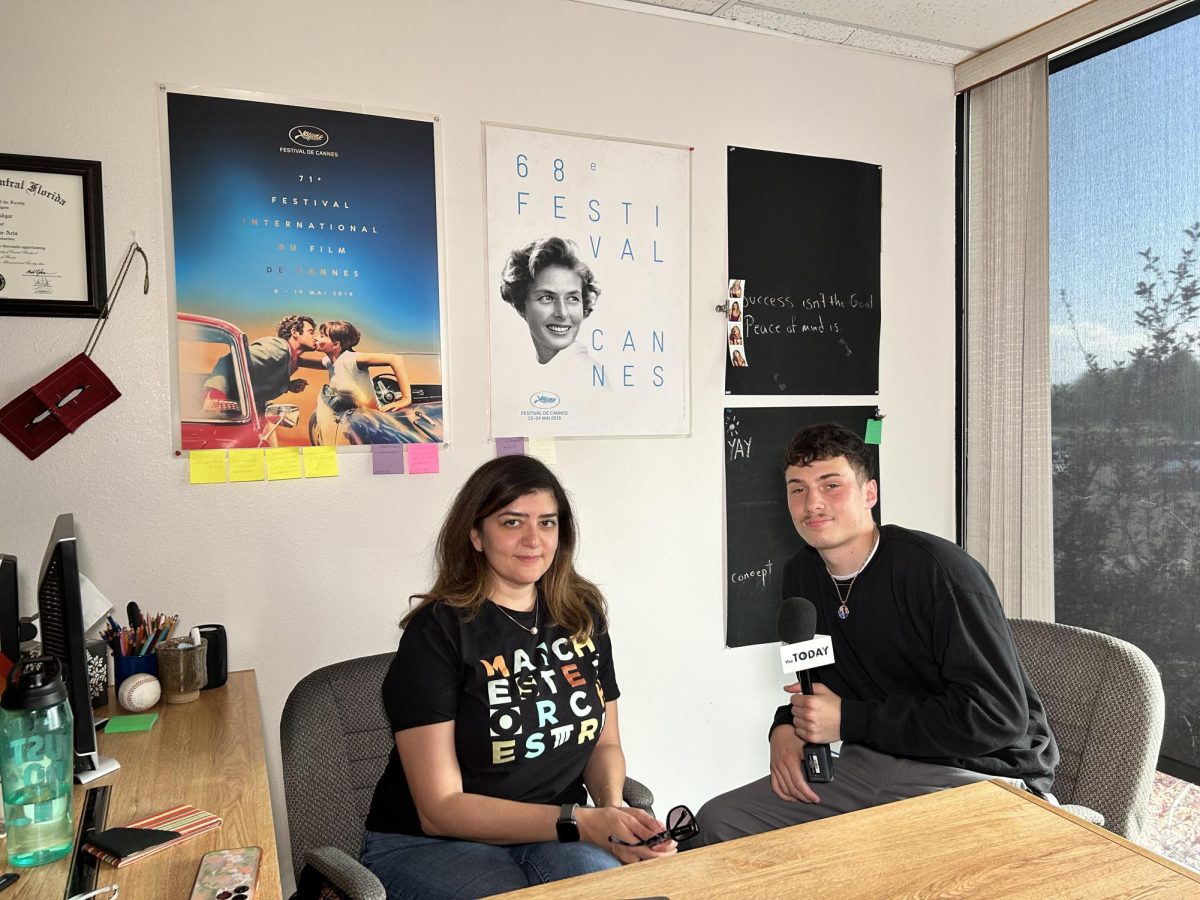
Americans will agree to disagree until the next presidential election. There will be little talk about solutions to the growing national debt and the chances of Iran accumulating enough uranium to build a nuclear weapon.
Most people will sacrifice talking about those issues to mend friendships.
Just after Obama won enough electoral votes to be renamed President of the United States, a new friend told me that he was done with his political posts on Facebook and that he was sorry if he had offended me at any time throughout the election.
He didn’t have to apologize. Even though our political views are much different and there is a slim chance either of us will ever back down, I respect that he is educated in his political decisions. I am not sorry about my Tweets, Facebook posts, or the campaigns buttons I wore on my backpack.
Elections rip people apart. A recent Pew Research Center report showed that one in five Americans will delete a Facebook friend over differing political views. This week’s “This American Life”, an NPR radio show, featured stories about how people have been torn apart by political parties. It is no wonder people are glad that the election is finally over.
Things will be back to normal and that is the problem. Americans only want to talk about political issues when they are relevant and they are most relevant when there is a seat up for grabs.
In 2002, Michiko Kakutani wrote an article for the New York Times called “Debate? Dissent? Discussion? Oh, Don’t Go There!” The article focused on the fact that students are raised in a culture where political debate is potentially offensive to others and thus they do not engage in it.
Kakutani wrote that Generation Y has come to be very accepting of others but has in turn stopped them from engaging in heated political debates. Several professors Kakutani cited in his article say that students seem to be quieter about their political views.
What does this quieter generation mean? Simply that the lack of discussion kills the market place of ideas, the economic theory that the truth will come out of open dialogue.
Though the term marketplace of ideas is widely used in business, it has an important and logical part in politics. If there is no debate, no conversations then the possibility of a solution is slimmer.
This is why I am sad that the presidential election is over. There will be little talk over important issues America is facing. Discussion will go back to a new Kim Kardashian scandal and the conversation Mitt Romney had about the middle class will be forgotten.
People will no longer talk about foreign policy because they don’t have to worry who is taking care of it anymore and any valuable resolutions that came in those discussions will be lost.










Ray Davis • Nov 18, 2012 at 11:19 am
I agree with the sentiment of this blog. Democracy requires a working knowledge of what your elected leaders are doing, and communication with those leaders is important.
Sadly, most of the electorate will drift back to the distractions of “DWTS” or “Survivor” or Peyton, and we’ll forget even something as disastrous as the impending fical cliff, or the Iranian pursuit of world-ending technology.
Please, anyone reading this (all six of you!) let your elected reps know that you’re watching, and let them know what you think!